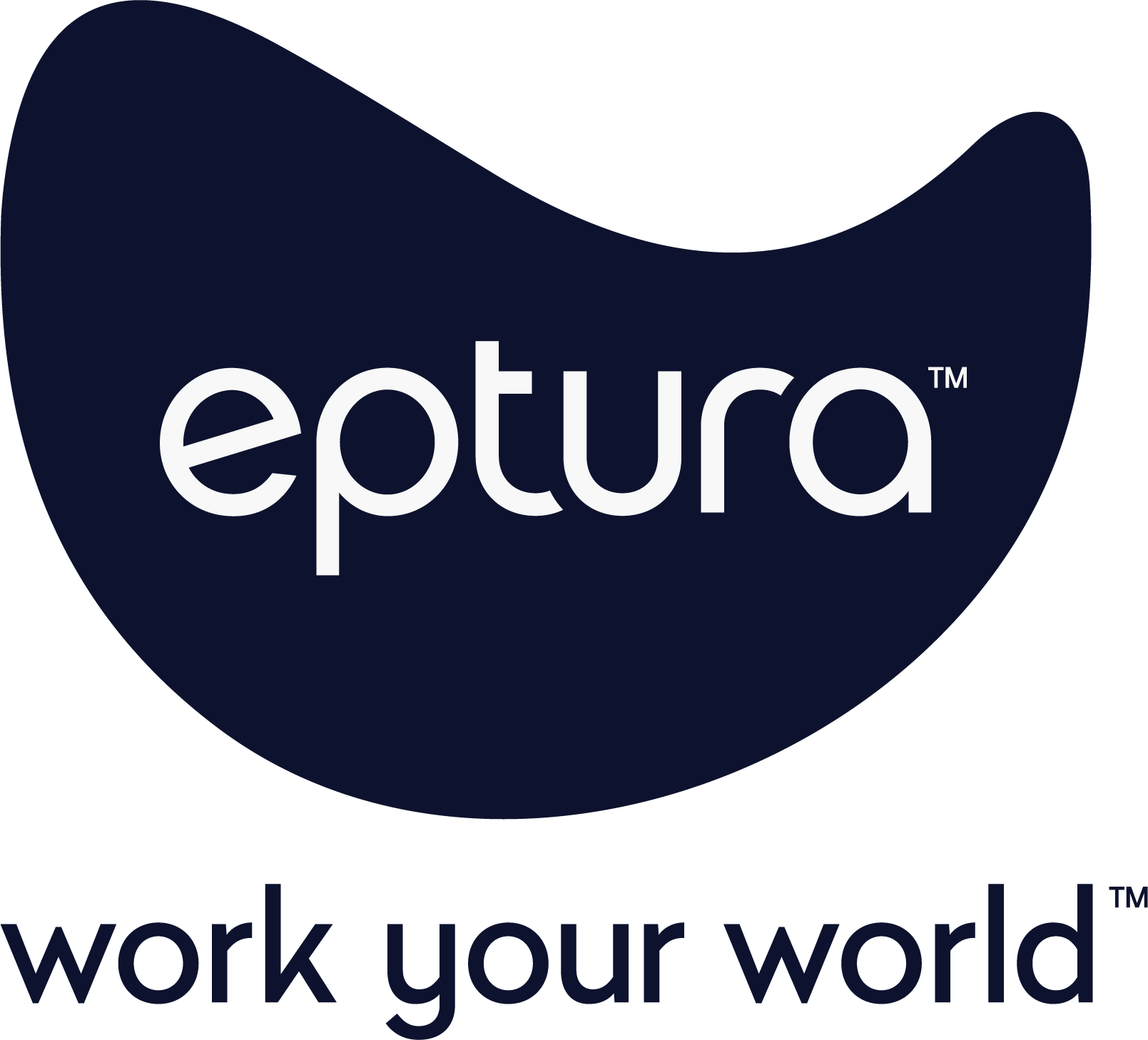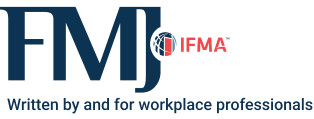Behind the Brand

Who is Eptura?
Eptura™ is a global worktech company that digitally connects people, workplaces, and assets in a unified platform. With a name that means, “the epicenter of the future at work,” we are trusted by the world’s leading companies – including 40% of the Fortune 500 – to help people thrive. Our customer community spans 16.3 million users across more than 115 countries within industries like business services, education, government, healthcare, manufacturing, and technology.
Rapid changes to the modern workplace created a growing need for connected worktech. Thoma Bravo, the world’s largest software investment firm, strategically combined Condeco, the global provider of workspace scheduling software, and iOffice + SpaceIQ, the global workplace and asset management company, to create Eptura in 2022. Leveraging the collective knowledge and depth of experience of nine products, our team has developed a single platform that brings together workplace experience, space planning, visitor management, facility and asset management, and preventive maintenance.
Through our strategic alliance with Autodesk, we’re working to bring design/build data into operations to improve efficiency and sustainability throughout building and asset lifecycles. And as a Microsoft solutions provider, we’ve integrated our intelligent technology with Microsoft 365 to facilitate in-person and hybrid collaboration.
Our most recent product launch highlighted the new ways our unified platform supports better connectivity, collaboration, and security.
Can you share some of Eptura’s recent research findings?
Published twice a year, the Workplace Index combines proprietary data from our worktech platform with independent research to provide insights into facility and asset usage and operational macro trends. The first half 2024 report explores the state of hybrid and business tech priorities by analyzing over 19,000 buildings alongside a commissioned survey of senior leaders at enterprises in the Americas, EMEA, and APAC. The findings align closely with IFMA’s research and themes from IFMA’s 2024 Executive Summit on the FM tech landscape.
Workplace Index key findings:
Leaders project an average of 3-8% in expected incremental revenue from employees working effectively in the office. As they work to balance right-sizing real estate for current usage while planning for future growth, companies with hybrid work models that successfully facilitate face-to-face connection are realizing the highest return on their workplace investments.
Globally, employees are now averaging three days a week in the office. From Q1 2023 to Q1 2024, APAC had the biggest increase in people coming to the office at 52%, EMEA saw a 31% rise, and the Americas increased 27%.
The top three technologies businesses plan to invest in over the next 12 months are data analytics, integrated workplace solutions, and collaboration software. Eptura respondents across all business areas prioritized the same three capabilities, indicating significant opportunity to realize efficiency by procuring connected systems.
The top two barriers to meeting sustainability goals are 1) economic climate and 2) the cost of relevant technology. Buildings account for 39% of global carbon emissions, so by centralizing data on built environment performance and usage, companies can better identify ways to decrease their facility footprint.
The biggest obstacles to optimizing physical asset operations are siloed functions and incomplete data. Eptura’s data also demonstrates that reactive work orders take double the time to complete versus preventive activities, indicating that organizations can reduce labor hours by scheduling more planned maintenance.
What does the future of worktech look like?
We’re seeing some important shifts in the world of worktech, but the central question for facility professionals remains: How can we see the most value from the data we capture?
By consolidating systems to eliminate data silos, organizations enjoy a stronger return on their investments. We’re seeing new strategies for bridging the gaps that have traditionally existed between facility design and operations. With more owners providing building information (BIM) data, FMs are increasingly using digital twins. By creating a virtual version of a facility or asset using BIM and feeding it real-time maintenance data, teams can improve preventive maintenance schedules, safety and security, and capital planning.
Pressure to meet sustainability mandates will also drive worktech changes. Around the globe, we’re seeing broader and stricter regulations, which means companies must invest in tracking and reporting on energy and emissions. Something as simple as automating HVAC through presence sensors promises real savings. One of our customers, for example, is implementing automation to create a baseline for all their facilities and assets. From there, they’re planning to cut emissions in half over the next decade.
Overall, worktech is set to be smarter as simple automation gives way to artificial intelligence (AI). Maintenance teams will use AI to help them monitor assets and predict problems, while office managers will use AI to deliver a better employee experience. Eptura already has AI-powered automation synced directly to meeting calendars to identify and book ideal workspaces.






